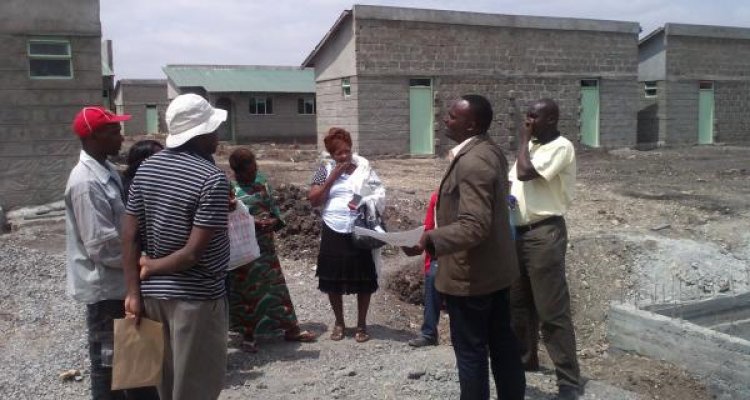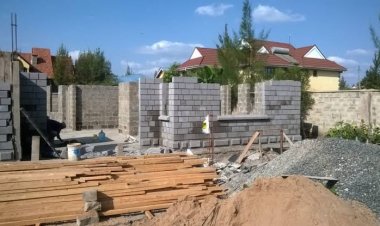Empowering Communities: The Rise of Housing Cooperatives in Kenya
Housing cooperatives are emerging as a powerful tool to address the housing challenges faced by communities in Kenya.

Kenya, a country known for its vibrant culture and diverse landscapes, is also witnessing a significant shift in the way people approach housing solutions. With rapid urbanization and a growing population, the demand for affordable and sustainable housing options has become a pressing issue. In recent years, housing cooperatives have emerged as a popular alternative, empowering communities to take control of their housing needs.
1. What are Housing Cooperatives?
Housing cooperatives, also known as housing societies or housing associations, are community-based organizations that enable individuals to collectively own and manage affordable housing units. Members of housing cooperatives pool their resources, including finances and skills, to develop, maintain, and govern housing projects. This democratic and participatory model ensures that the housing needs of the community are met while promoting a sense of ownership, cooperation, and social cohesion.
2. Benefits of Housing Cooperatives:
2.1. Affordable Housing: One of the primary advantages of housing cooperatives is their ability to provide affordable housing to members. By pooling financial resources and negotiating bulk purchases, cooperatives can significantly reduce construction and maintenance costs.
2.2. Shared Responsibility: Cooperative members share the responsibility of managing and maintaining the housing units. This shared commitment not only fosters a sense of community but also ensures that resources are utilized efficiently.
2.3. Democratic Governance: Housing cooperatives operate on democratic principles, where decisions are made collectively by the members. This ensures that the needs and preferences of the community are taken into account, creating a more inclusive and participatory housing environment.
2.4. Long-Term Stability: Unlike renting, cooperative members have the security of long-term tenure and can actively participate in the decision-making processes that affect their homes and communities. This stability promotes a sense of pride, belonging, and overall well-being.
3. Challenges and Solutions:
3.1. Financing: Accessing affordable financing remains a significant challenge for housing cooperatives. To overcome this, cooperatives can explore partnerships with financial institutions, government programs, and international organizations that provide financial support and technical expertise.
3.2. Land Acquisition: Securing suitable land for cooperative housing projects can be a complex process. Cooperatives can partner with local authorities, engage in public-private partnerships, or seek assistance from non-governmental organizations (NGOs) specializing in land advocacy to address this challenge.
3.3. Legal Framework: The legal and regulatory framework surrounding housing cooperatives in Kenya requires further development to provide clarity and support for cooperative activities. Advocacy efforts can be made to promote favorable legislation and ensure that cooperatives have a conducive environment to thrive.
4. Impact and Success Stories:
Housing cooperatives have already made a significant impact in Kenya. Examples such as the Karibu Homes Cooperative Society and the Toi Market Housing Cooperative Society showcase successful models of affordable housing initiatives led by communities. These cooperatives have not only provided quality housing but have also improved the overall living standards of their members.
Housing cooperatives are emerging as a powerful tool to address the housing challenges faced by communities in Kenya. By promoting affordability, community participation, and long-term stability, cooperatives empower individuals to take control of their housing needs.
If you have a real estate press release or any other information that you would like featured on African Real Estate Blog Post do reach out to us via email at [email protected]

































